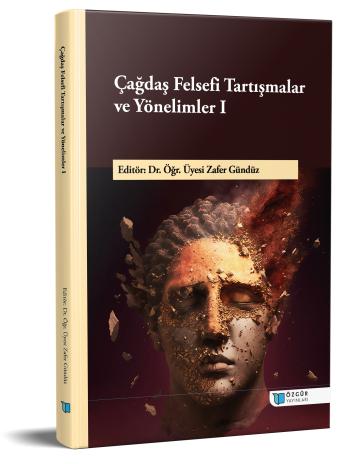
Logical Monism and ‘Correct’ Logic
Chapter from the book:
Gündüz,
Z.
(ed.)
2025.
Contemporary Philosophical Debates and Perspectives I.
Synopsis
Logic entertains a plurality of inferential systems; yet this so-called plurality counts as genuine only if it contains autonomously and irreducibly ‘correct’ systems. The question of whether we can genuinely speak of ‘correct’ logics is usually examined through monism and pluralism, which reflect two opposing stances on the nature of ‘correct’ logic. Logical monism, thereby, holds the austere thesis that there is only one ‘correct’ logic. This study critically examines logical monism along with its relevant conception of ‘correct’ logic. Accordingly, the study advances a generalized definition according to which ‘correct’ logic, for monism, is purely (general, formal, topic-neutral, necessary, a priori, and/or normative) canonical system. Then, the study questions the theoretical limitations of this very definition, centering around the question of what it means for ‘correct’ logic to be purely formal. Respectively, the study critically introduces three views on formality- i.e. metaphysical, discursive, and schematic approaches. To explicate some problems common to all accounts of logical monism, the previous discussion shifts onto Graham Priest’s monist argument wherein ‘correct’ logic is conceived as a meta-level schema of syntactical norms. Accordingly, the study advances the following objection against Graham Priest’s account and, thereby, against logical monism as a whole: The notion ‘correct’ logic as a purely seem radically underspecified or unspecified in virtue of its methodological scope.

